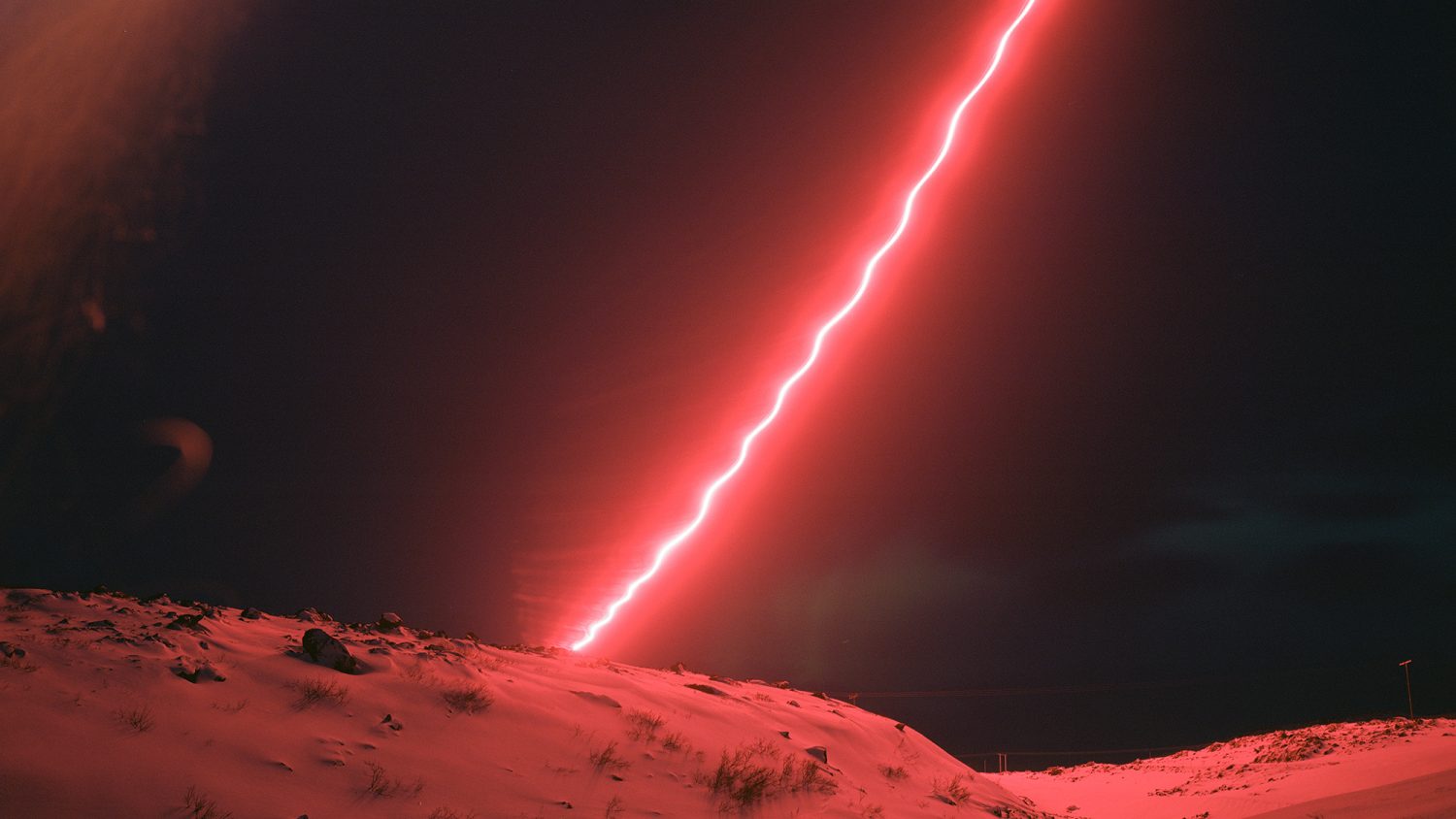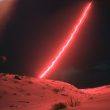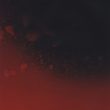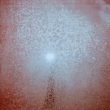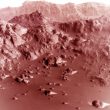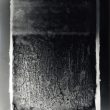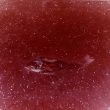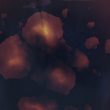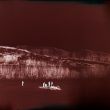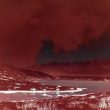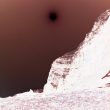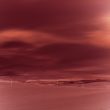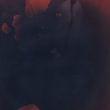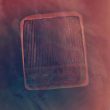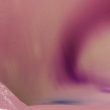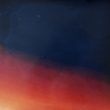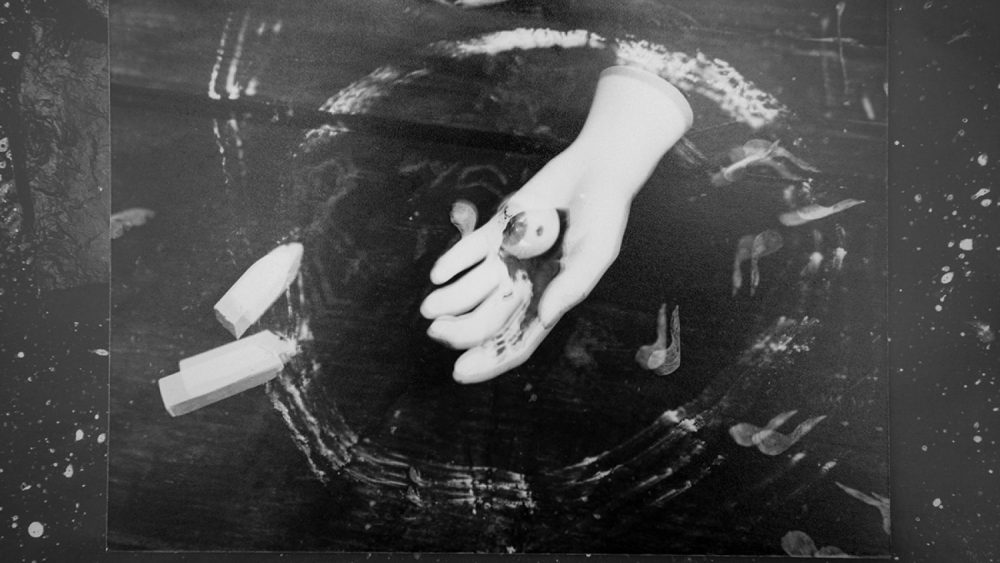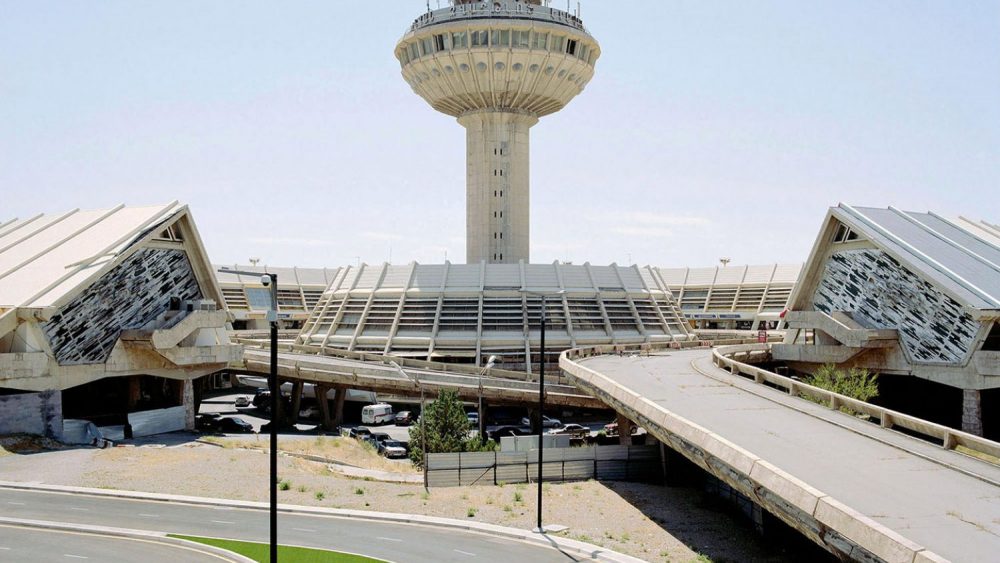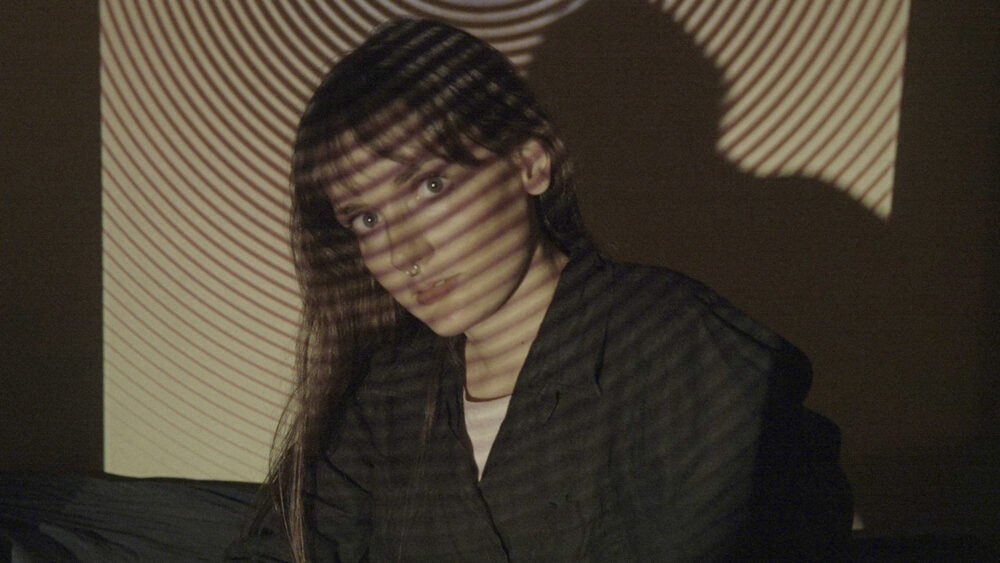Polar
My nocturnal trip started on the morning of 3 January. I was possibly in the darkest Nordic city in Norway. I had read about the polar night, yet I had never thought that it would have such a huge impact on my body and sense of time. It turns out light determines the rhythm of life much more intensely than time. If one is deprived of the light, a bizarre timeless condition occurs. You know that things will happen, but it is not so important when or at what time they. Time seems to be frozen in the darkness of the polar night. The body is sleepy and you are hopelessly trying to trick it by drinking D vitamin and burning hundreds of candles.
Photography, similarly to darkness, satisfies the human desire to stop time. In my work it becomes the metaphor of the polar night. At the same time, the depicted ice, snow and polar landscape can serve as a point of departure for the time itself. If there is no light, time can be measured with the amount of melted snow or, for example, the ice, which has been carved out from the local lake and thus it mirrors a peculiar timescale in which it has been made.
Iveta Gabaliņa (ex Vaivode, 1979) is a Latvian photographer who has studied photography at Andrejs Grants’ studio, the Bournemouth Arts Institute and Aalto University in Helsinki. She has received several awards in international photography competitions – the Nikon Discovery Award (UK) and Fresh Faced and Wild Eyed (UK) in 2008. In 2012, her series Somewhere on a Disappearing Path won the C/O Berlin Talents award, and was nominated for the Sony World Photography Awards 2014 and Leica Oskar Barnack Award 2014. Her solo exhibition My Hand Is Warmer Than The Sun will be on view from 23 May at Careva Gallery as part of Riga Photomonth programme.
